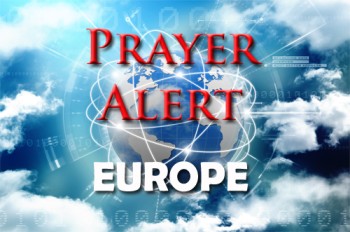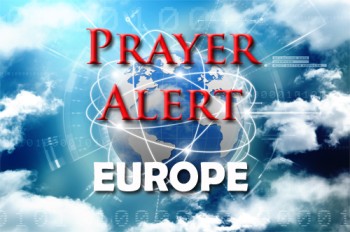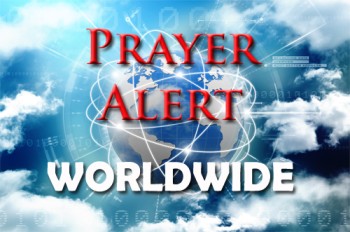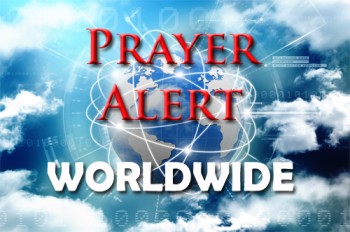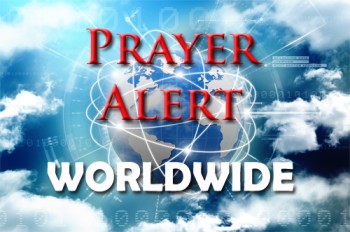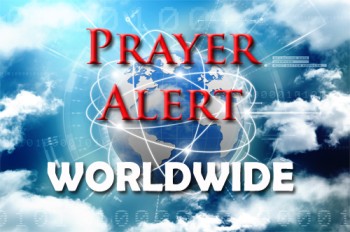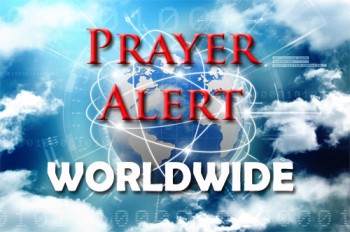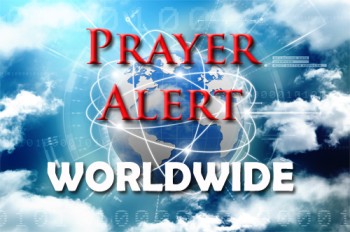Poland / Ukraine: agreement on exhumation of WW2 massacre victims
Tensions between Poland and Ukraine have been strained for years over the Volhynia Massacre, in which Ukrainian paramilitary forces killed around 100,000 Polish civilians during World War 2. Polish prime minister Donald Tusk has now announced that exhumations of the bodies will begin, thanks to cooperation between Poland and Ukraine’s cultural ministries. While Poland describes the massacre as genocide, Ukraine disputes this, viewing it as part of a broader conflict. The dispute intensified after Ukraine banned the search for Polish victims in 2017, but recent efforts, including a joint commemoration by presidents Duda and Zelensky, aim to heal wounds. Meanwhile, Tusk has accused Russia of plotting terrorist acts against Western airlines : see
Georgia: former PM brutally attacked
Giorgi Gakharia, former prime minister and leader of the opposition party For Georgia, is in hospital with facial and head injuries, after a brutal assault by several men in a hotel lobby. His health was later confirmed to be stable. His party, calling this a politically motivated attack, accused the government of attempting to intimidate opposition voices. Georgia’s ongoing political crisis intensified after the disputed October parliamentary elections. Protests against the ruling Georgian Dream (GD) party have erupted in Tbilisi and other cities, particularly after the government’s announcement to delay EU accession talks. The protests have led to widespread crackdowns, including arrests and beatings, drawing criticism from human rights groups. The attack on Gakharia follows similar assaults on opposition members and journalists.
Israel / Gaza: ceasefire deal reached
A ceasefire deal has been reached, ending fifteen months of conflict in the Gaza strip. This agreement, hailed by Joe Biden, Qatar’s prime minister, and Hamas officials, aims to bring a much-needed break in violence. It will also lead to the release of dozens of hostages and prisoners from both sides. The phased plan includes the withdrawal of Israeli forces to the Gaza border, allowing displaced Palestinians to return home, as well as providing humanitarian aid and rebuilding Gaza's healthcare infrastructure. Hamas has agreed to release 33 hostages in exchange for 100 Palestinian prisoners with life sentences, while Israel will release 1,000 Palestinian prisoners who were not involved in the 7 October attacks. The deal follows months of intense diplomatic efforts, particularly by the USA, Egypt, and Qatar. Breaking news: the Israeli cabinet has not yet ratified the deal, with Benjamin Netanyahu saying that Hamas were reneging on some parts of the agreement. See Also, Israel has continued air strikes on Gaza, with at least 73 killed on 16 January.
South Korea: president arrested
South Korean president Yoon Suk Yeol has been arrested, ending weeks of standoff at his fortified residence. Yoon recorded a video before being taken to a detention centre, criticising the ‘collapse of the rule of law’. While he complied with the arrest warrant to prevent violent clashes, he has refused to cooperate with investigators. The arrest involved 3,200 officers, some scaling barriers to access the property. A standoff earlier this month delayed his detention as his presidential security service resisted, leading to the arrest of its acting chief. Yoon’s martial law declaration on 3 December, which deployed troops to the National Assembly, lasted hours before lawmakers voted to end it. His impeachment on 14 December suspended his powers, with the opposition accusing him of rebellion. He had defended his actions as a warning to the opposition, whom he called ‘anti-state forces’. Pro- and anti-Yoon protests have drawn thousands in Seoul since his impeachment.

